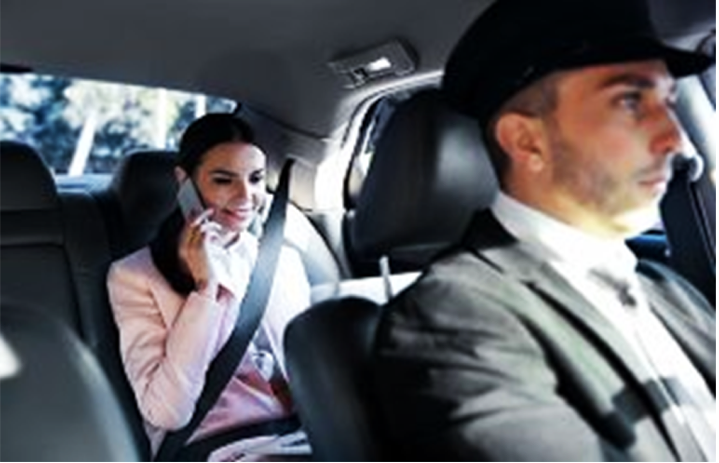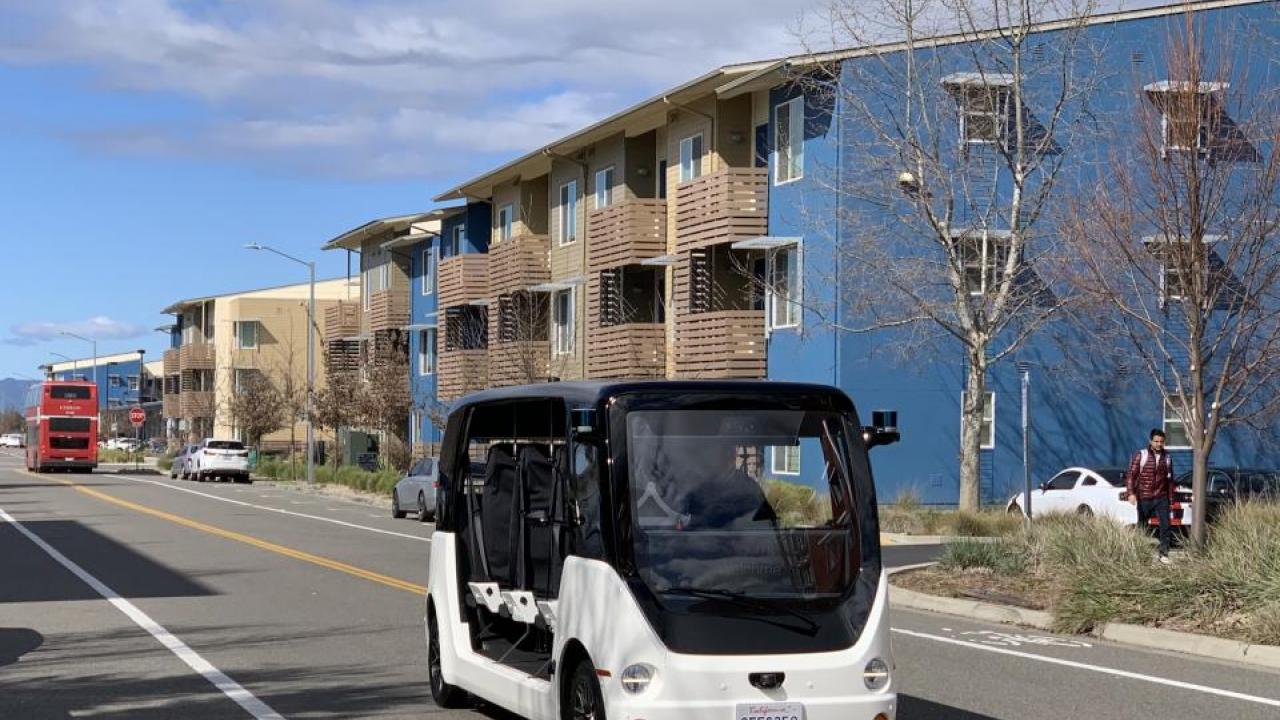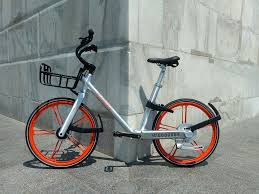A Proxy for Automation: The “Chauffeur” Experiment

We evaluate the impact of the availability of autonomous vehicles via the use of personal chauffeurs in a naturalistic experiment that aims to create familiarity with this coming technology that is currently closer to science fiction than reality. The objective of this research is to mimic potential life with a privately-owned self-driving vehicle by providing 60 hours of free chauffeur service for each participating household for use within a seven-day period.
Read more here
Attitudes Toward AV Shuttle UCD West Village

Automated vehicles (AVs, also known as autonomous, driverless, or self-driving vehicles), a revolution in mobility, are emerging and developing rapidly. Commonly believed benefits of AVs include that they not only help improve social equity in transportation, relieve stress for drivers, and save parking cost, etc. However, public attitude toward this new unproven technology is still unsure. Given the significant influence of attitude toward a new technology on the intention to use it, which has been shown in many previous studies, a question arise that why some people are in favor of this technology acceptance whereas others are not?
Read more here
Dockless bikesharing in Sacramento

What are the travel behavior and attitudes of users and non-users of SACOG’s new dockless electric-bike share system. This study includes the “after” phase of an already completed “before” portion of the “before-and-after” study of residents in the greater Sacramento area and will measure how bikesharing influences travel of users and non-users. In addition, this study will survey bike share users twice over the course of a year.
Read more here